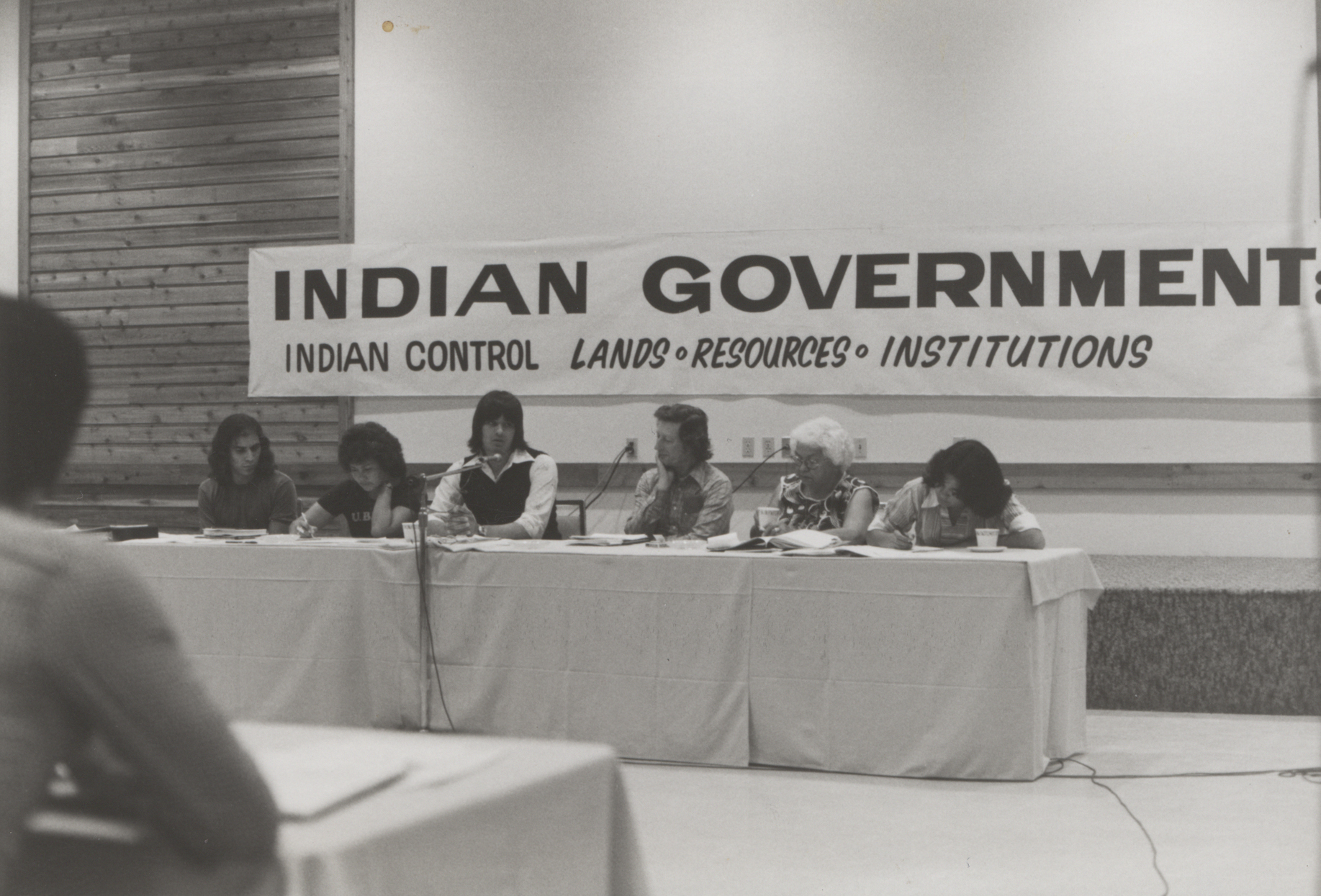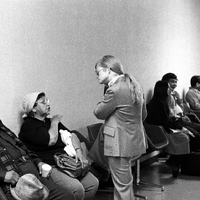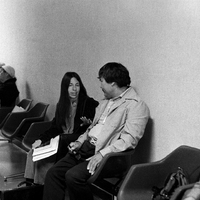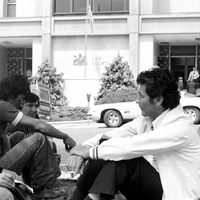R. v. Jack and Charlie
- Title
- R. v. Jack and Charlie
- Description
- In May 1978, Anderson Jack and George Charlie hunted a deer to procure meat for a religious ceremony known as Waoxdud Skaiyo. This religious ritual is an essential way of life for the Saanich (W̱SÁNEĆ) people, where food is burned to feed a dead relative, which must be the correct food. In this case, Elizabeth Jack was told through a vision had by her father Louie Charlie, that her Great Grandfather was hungry, and she must procure deer meat for the ritual. Elizabeth chose her brother George Charlie, and her husband Anderson Jack, to hunt this deer. A nearby resident head the shots and called the police, who arrested them for hunting deer out of season and possession of deer. Their trial occurred on May 31 and June 1, where defense argued that the B.C. Wildlife Act should not apply because it restricts their constitutional right to practice their religion. On June 28th, 1979, Judge Allan found George Charlie and Anderson Jack guilty. They appealed the decision to the B.C. Court of Appeal, but were ultimately charged under the B.C. Wildlife Act.
- Date
- May 1978
- June 28, 1979
- Spatial Coverage
- British Columbia
- Event subject
- Wildlife Act--British Columbia
- Aboriginal title and rights--Law and legislation--British Columbia--Cases
- Rites and ceremonies--British Columbia
- Names
- Anderson, Jack
- Charlie, George
- Jack, Elizabeth
- Charlie, Louie
- Related Item
- Related news articles on page 4 of UBCIC News (June 1979), page 26 of UBCIC News (September 1979), and page 37 of Indian World vol. 2, no. 10 (March 1980). Court decisions available on the First Nations Document Source under "R. v. Jack and Charlie" and "Jack and Charlie v. R."
Selected resources
No selection
New Tags
Part of R. v. Jack and Charlie




